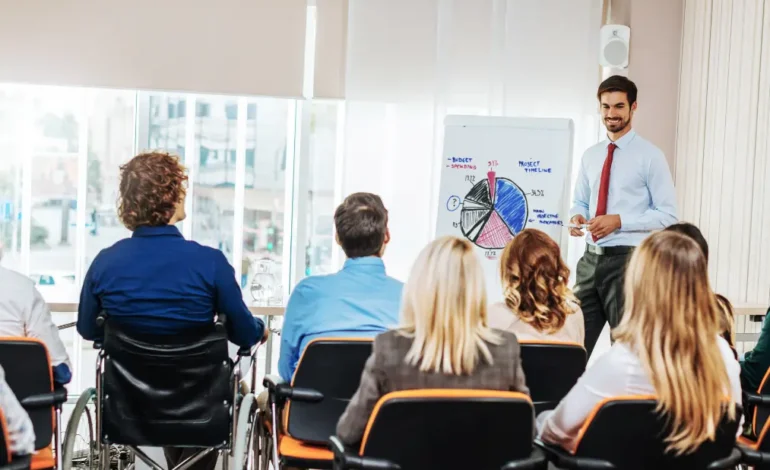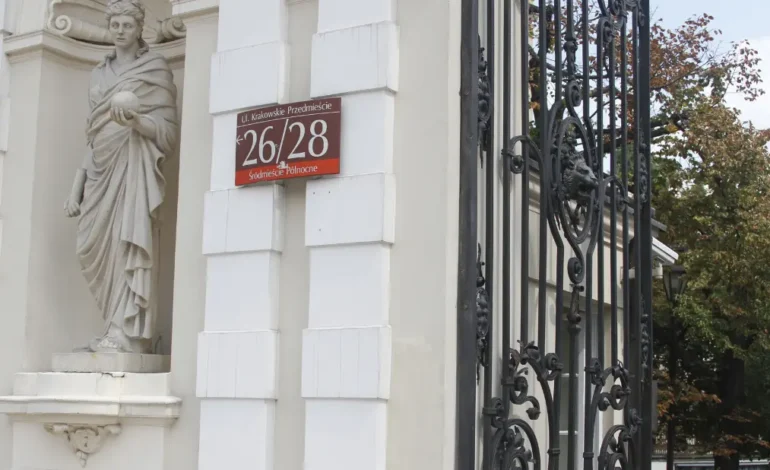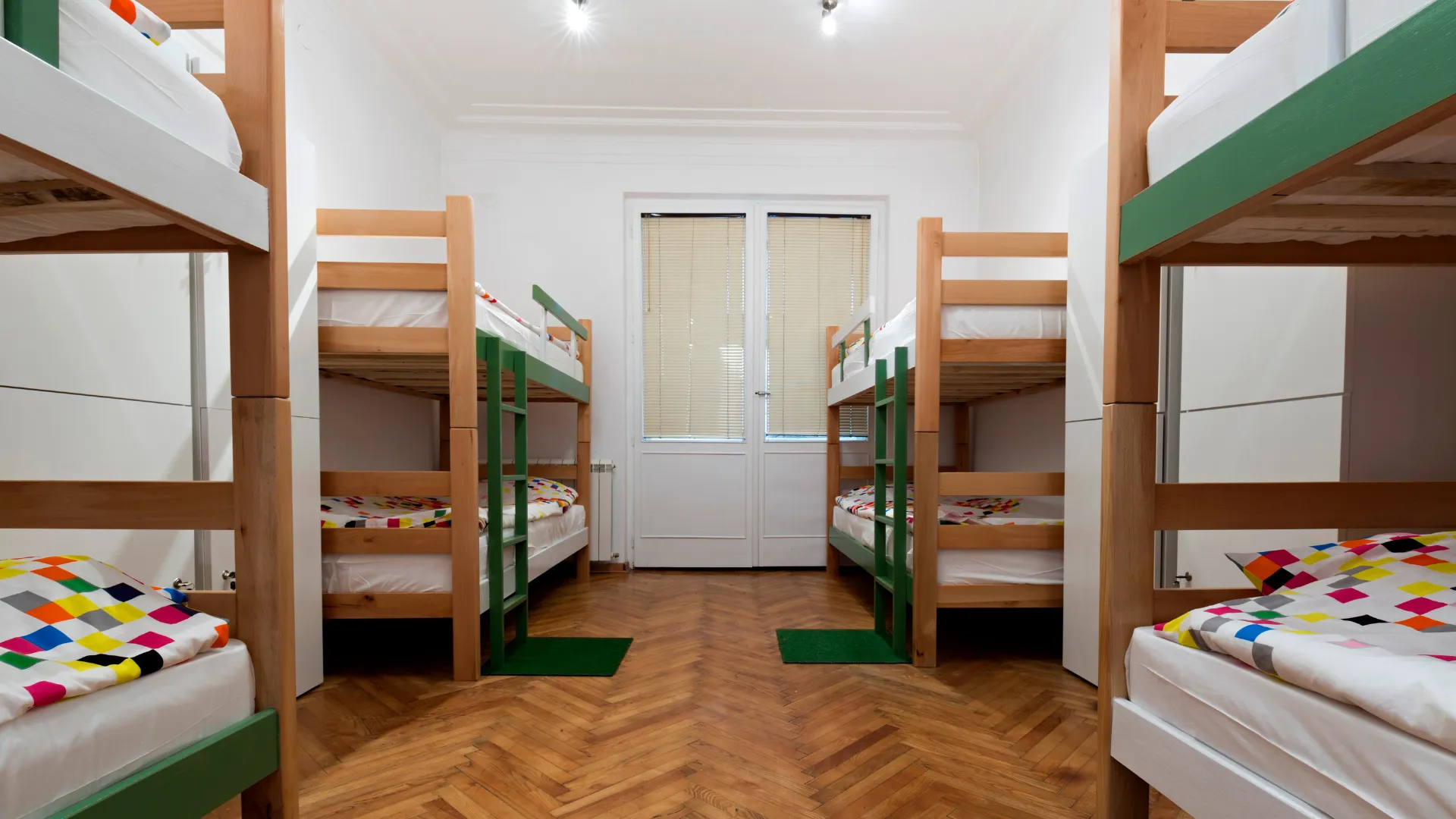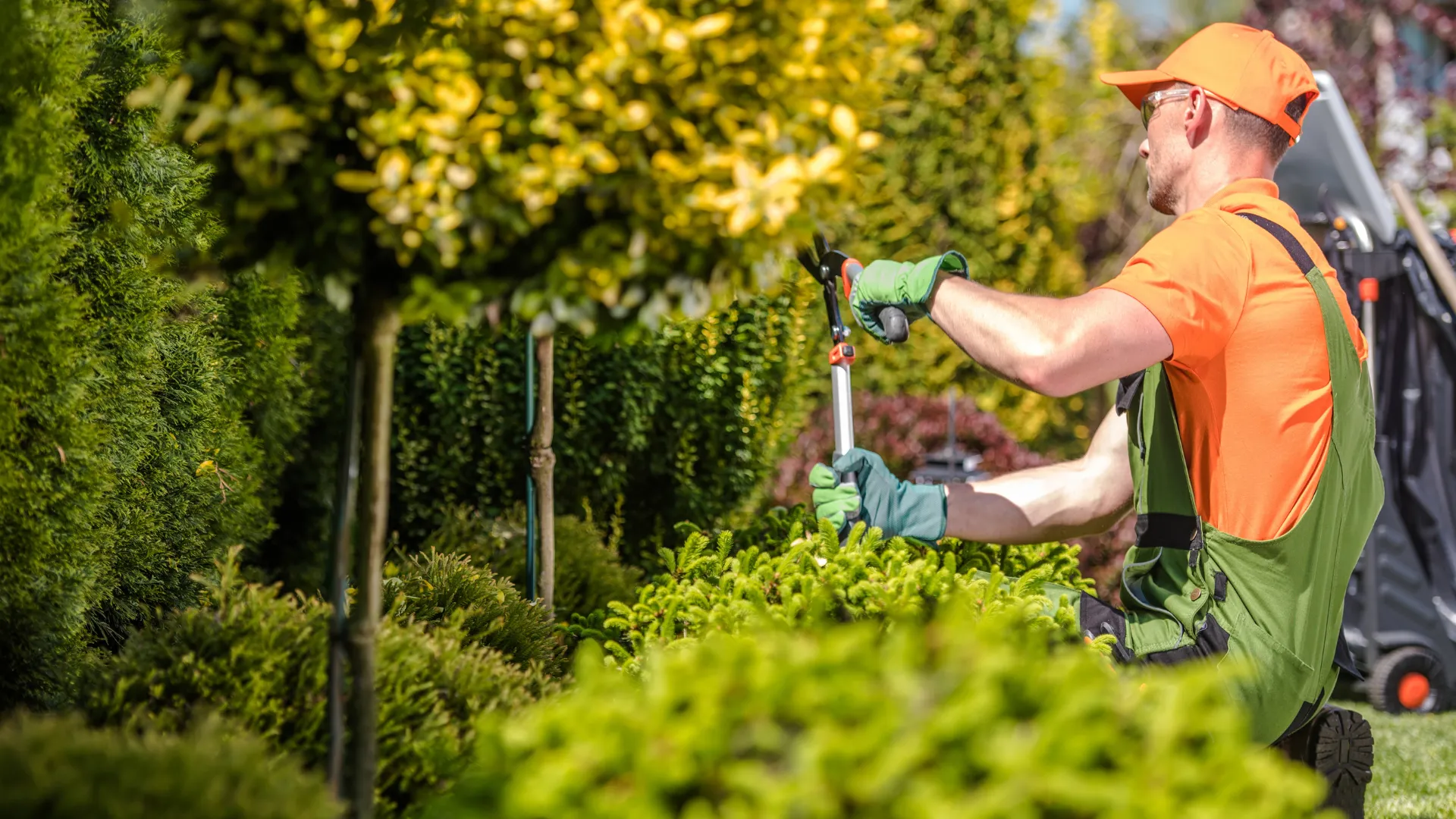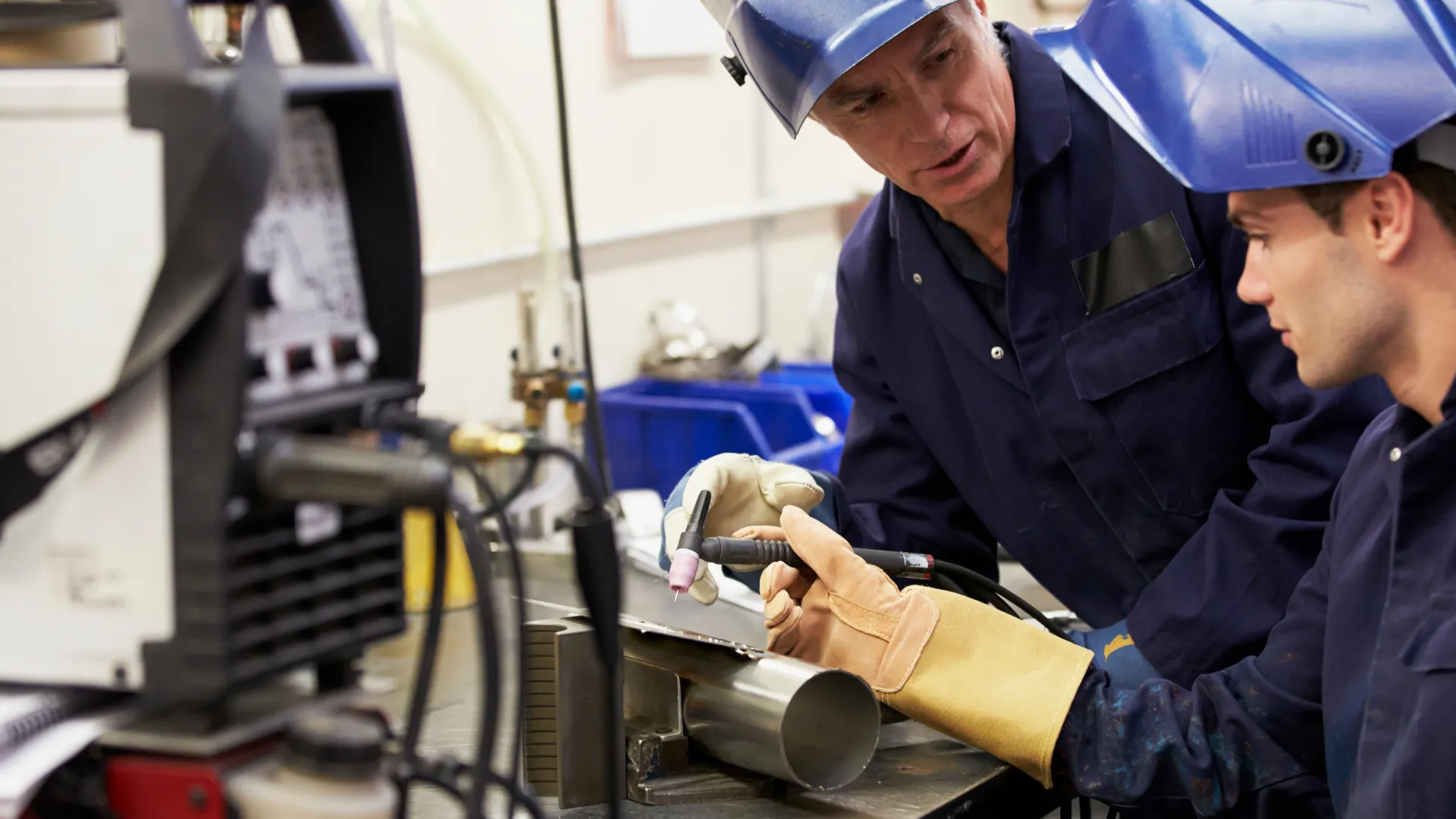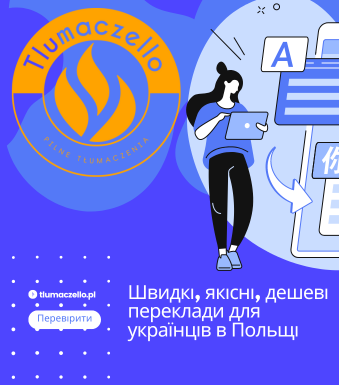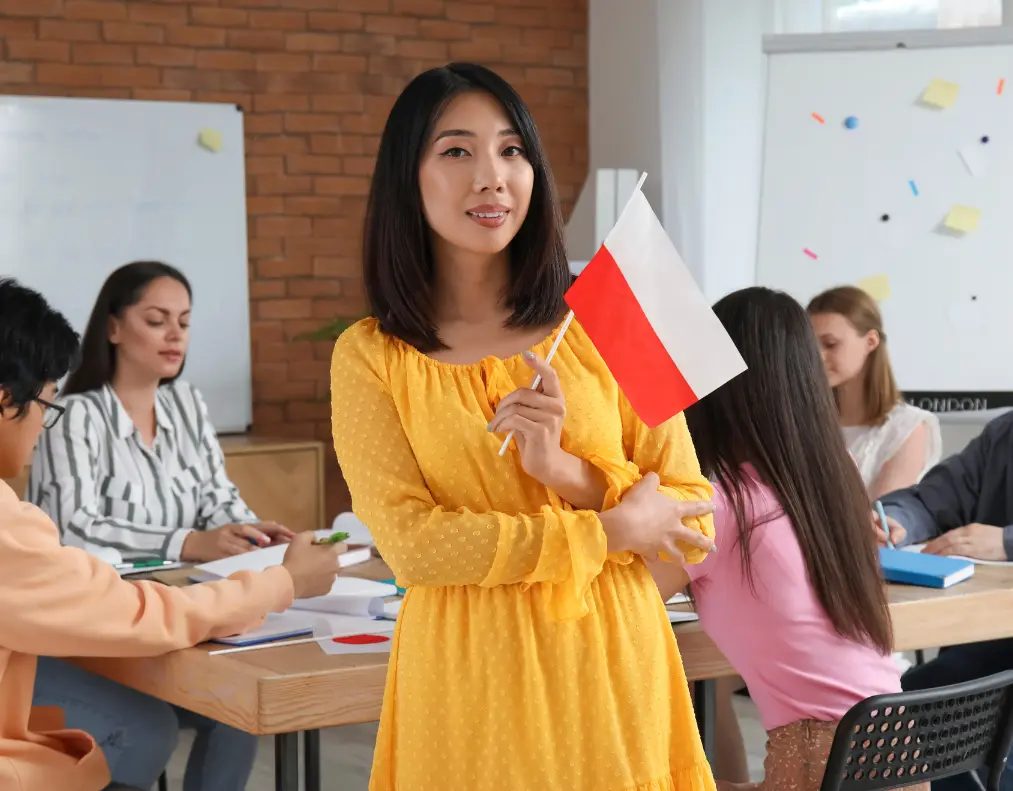Educational opportunities for refugee children in Poland: What you need to know

Poland has become one of the main destinations for Ukrainian refugees due to the ongoing conflict in Ukraine. In addition to security and shelter, education of their children is an important topic for families in Poland. The Polish government and NGOs are actively working to integrate Ukrainian refugee children into the education system by providing access to schools, special programs and additional courses. In this article, we will look at the main educational opportunities available for children of Ukrainian refugees in Poland and what parents need to know to take advantage of these programs.
The right to free education
Ukrainian children who have arrived in Poland as refugees or under temporary protection are entitled to free education under the same conditions as Polish citizens. This means that children can attend public schools, receive textbooks and learning materials, and participate in extracurricular activities.
- Access to schools: Children of Ukrainian refugees have the opportunity to study at schools in their place of residence. To enroll a child in a school, parents need to apply to the administration of the chosen school for admission and submit the necessary documents (birth certificate and documents confirming the child’s status).
- School attendance: In Poland, children are obliged to attend school from the age of 7 to 18. Accordingly, Ukrainian children are also subject to this obligation, and therefore their schooling is not only a right, but also a duty.
Support for adaptation and learning
For Ukrainian children who have arrived in Poland, an important part of the adaptation process is not only learning, but also integration into a new educational environment. Polish schools actively help children from different countries to overcome the language barrier and better understand the school curriculum.
- Additional language courses: Many Polish schools organize free Polish language courses for Ukrainian children. These courses help children learn basic Polish faster so that they can fully participate in the educational process. Some schools also provide individual assistants to help with learning.
- Additional lessons: Schools often offer additional classes in core subjects for students who are behind in their studies due to language or cultural difficulties. This allows Ukrainian children to adapt to the Polish educational system faster.
- Psychological support: Adapting to a new school and country can be stressful for children. Polish schools offer psychological support for refugee children, helping them to overcome emotional difficulties related to the move and the war.
Access to kindergartens
In addition to schools, Ukrainian children of preschool age also have the right to attend kindergartens in Poland. This is especially important for families where parents plan to work or are already working. Polish kindergartens accept children of Ukrainian refugees under general conditions.
- Public kindergartens: There is a network of public kindergartens in Poland that accept children on a free or partially subsidized basis. Parents should contact local authorities or the administration of the kindergarten to apply for admission.
- Private kindergartens: In addition to public kindergartens, there are many private kindergartens in Poland. They often offer a more individualized approach and have smaller groups. However, you usually have to pay more for attending private kindergartens than public ones.
Online education and hybrid learning formats
For Ukrainian children who cannot immediately join the Polish education system or want to continue their studies under the Ukrainian program, there is an opportunity to study online. This allows children to keep in touch with their home educational system and not lose a school year.
- Ukrainian online schools: There are several online schools in Ukraine that provide an opportunity to continue studying under the Ukrainian program from anywhere in the world. Children can participate in classes online and take exams remotely.
- Hybrid learning formats: Some Ukrainian families in Poland choose to combine education in Polish schools with Ukrainian online education. This allows the child to simultaneously integrate into Polish society and maintain their studies according to their native program.
Extracurricular activities and talent development
Polish schools and public organizations actively organize various extracurricular activities, sports clubs, music and art clubs for children. For Ukrainian children, this is a great opportunity not only to develop their talents, but also to meet their peers, improve their Polish language skills and better adapt to the new environment.
- Free clubs and sections: Many Polish schools and non-governmental organizations offer free classes for refugee children. These can be sports clubs, theater studios, art clubs that help children develop their interests and talents.
- Cultural events: Poland actively organizes cultural events where Ukrainian children can participate in performances, festivals or competitions. This helps not only to preserve cultural identity but also to integrate into Polish society.
Additional educational initiatives and assistance from non-governmental organizations
In addition to state support, there are many initiatives from non-governmental organizations and charitable foundations in Poland aimed at supporting Ukrainian children. These organizations often provide additional resources, such as textbooks, learning materials, language courses, and financial support for families.
- Ocalenie Foundation: This organization actively supports refugee children by providing them with access to language courses, psychological support, and organizing social projects to integrate them into the new environment.
- Community initiatives: In many Polish cities, there are local NGOs that organize educational programs for Ukrainian children. These can be language camps, summer schools or educational seminars.
How to register a child to study in Poland?
To register a child to study at a Polish school, parents need to:
- Find the nearest school: To do this, you can contact local education authorities or find a school at your place of residence.
- Prepare documents: For enrollment, you will need the child’s birth certificate, documents proving his/her status in Poland (temporary protection or refugee status) and, if possible, documents proving previous studies (report card or certificate).
- Contact the school administration: After submitting the documents, the school administration decides on the child’s enrollment and assigns the necessary support (language courses, additional lessons, etc.).
Conclusion
Poland provides Ukrainian refugee children with wide access to education and support at all stages of education – from kindergarten to high school. Regardless of their age and level of knowledge, Ukrainian children can count on language, psychological and vocational assistance, which facilitates their path to integration into Polish society. Thanks to these opportunities, Ukrainian families can be confident that their children will receive the necessary education and support in a new country.

